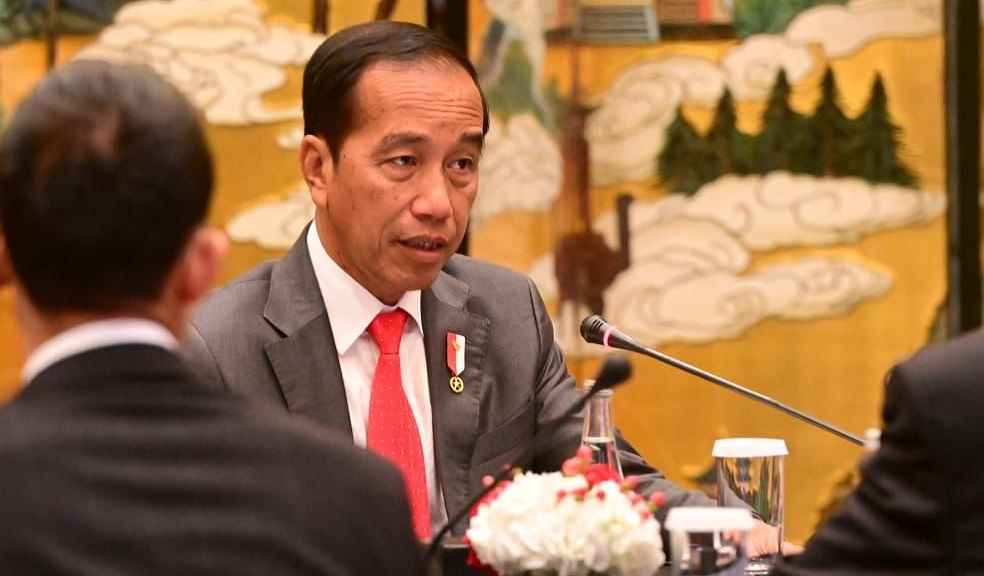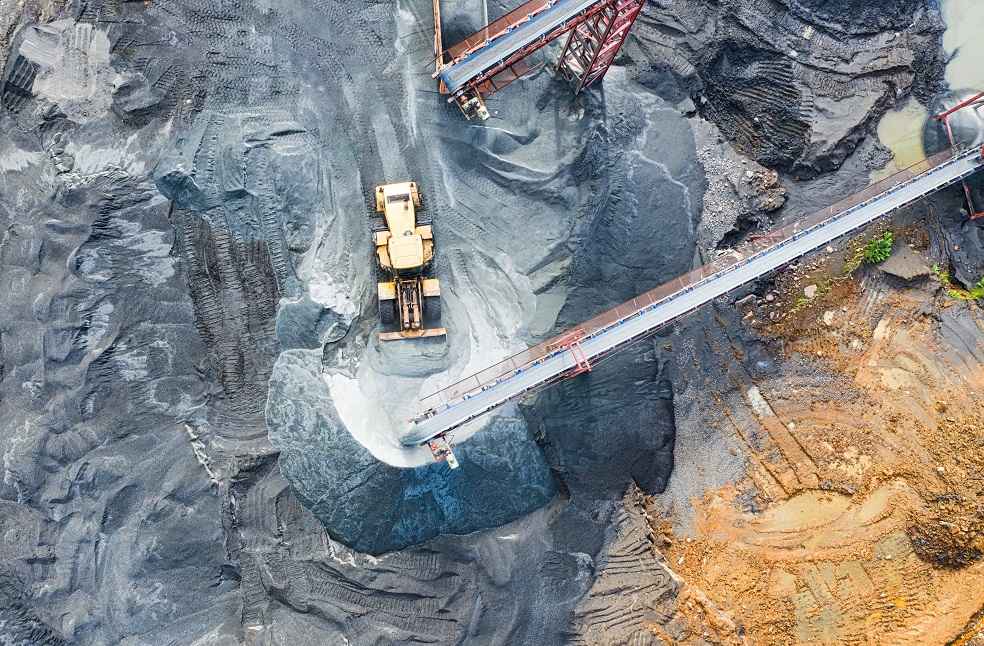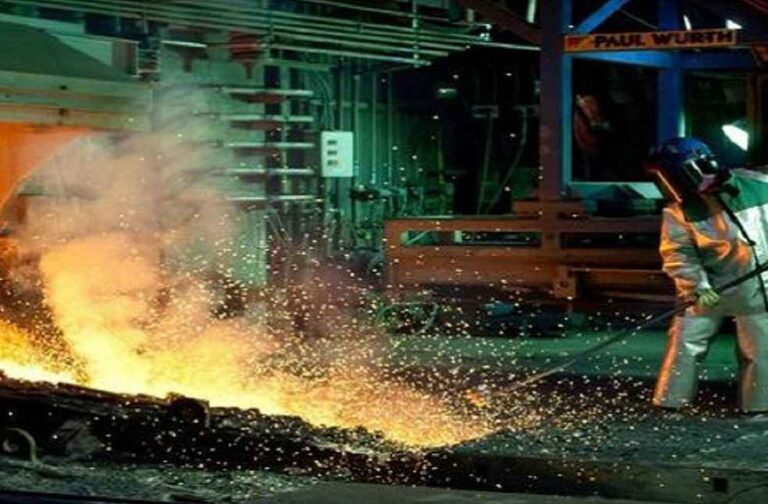Amid European Union’s protestations, Indonesia staunchly defends restrictions on nickel ore exports, emphasizing its prerogative to spur local value addition, stimulate economic expansion, and generate employment through ascending the value chain.
The archipelagic nation, previously the global front-runner in nickel ore exportation, insists its restrictions are paramount for cultivating its electric vehicle (EV) ecosystem. The EU, on the other hand, argues that resource-rich Indonesia has transgressed international trade norms.
Nickel, a pivotal element in crafting high-performance lithium-ion batteries for EVs and a vital component for stainless steel production, experienced a global price surge post-Indonesia’s export ban, initiated on January 1, 2020. This price hike struck a blow to the EU.

As part of its ‘down-streaming’ policy, Indonesia demands domestic processing for all extracted raw nickel. This approach promotes greater export revenue through value addition and facilitates the growth of the local mineral smelting industry. Nickel smelting plants have sprung up throughout Indonesia in recent years, attracting investors from China, currently the largest auto exporter and EV battery producer.
The World Trade Organization initially rebuffed these export restrictions in October 2022. Undeterred, Indonesia lodged an appeal the subsequent month and secured permission to maintain the ban pending a decision, a status quo that persists today.
President Joko Widodo voiced his belief that the down-streaming policy could substantially contribute to Indonesia’s journey to becoming a high-income nation by 2045. He revealed that revenues from nickel-related exports escalated to $33.8 billion, a stark rise from the meager $2.1 billion before the policy’s initiation. Simultaneously, nickel-related employment has seen a meteoric increase in several nickel-rich Indonesian regions.

Despite the policy’s apparent success, it has detractors. Late in June, the International Monetary Fund suggested a gradual phase-out of mineral export limitations by Indonesia.
Seeking to clarify Indonesia’s stance, President Widodo dispatched emissaries to the US earlier this week. Jodi Mahardi, a representative for the Coordinating Minister for Maritime Affairs and Investment, assured that Indonesia harbors no desire to monopolize all down-streaming procedures.
He detailed that while initial processing stages will occur on Indonesian soil, subsequent phases can transpire in foreign nations to foster reciprocal industrial support.

Indonesia’s rapidly developing EV ecosystem has piqued global interest, leading to a significant surge in private sector commitments. Despite this, the nation finds itself rivaling developed countries offering enticing incentives to reroute planned capacity expansion from Indonesia to their regions. Despite these impediments, Indonesia’s domestic nickel mining and smelting sectors persist in attracting fresh investment.
The EU persists in its disgruntlement over the export restrictions. The bloc alleges a financial setback of €1.75 billion since Indonesia’s appeal and argues that the influx of cheaper stainless steel imports undermines domestic manufacturers.
With Indonesia remaining committed to strengthening its domestic industries and bolstering employment, the resolution to this intricate international trade dispute still hangs in the balance.
FINANCE | IFC’s Loan Boost Argentina’s Lithium Mining for Global Green Shift



